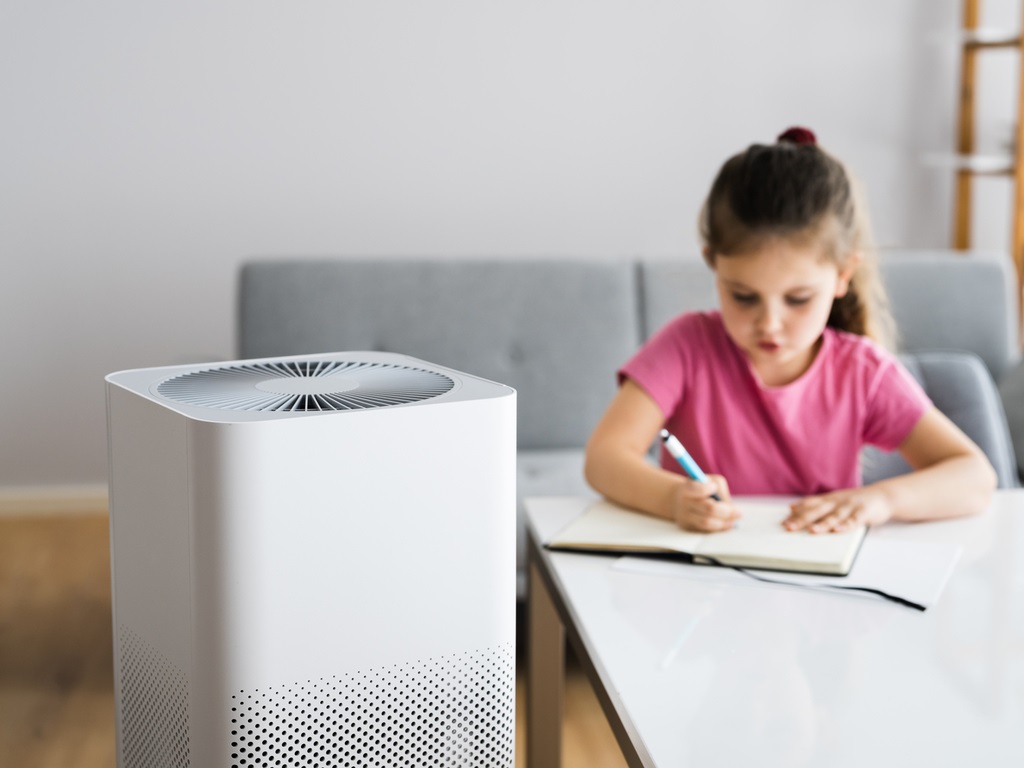Air purifiers are increasingly becoming a household staple due to their ability to improve indoor air quality. For those who suffer from allergies, asthma, or respiratory issues, air purifiers can be an essential tool in creating a healthier home environment. Here’s a closer look at how air purifiers work and the benefits they provide.
How Air Purifiers Work
Air purifiers function by drawing in air from a room and passing it through a series of filters that trap airborne particles, such as dust, pollen, pet dander, and smoke. The purified air is then released back into the room, creating a cleaner breathing space. Many air purifiers feature HEPA (High-Efficiency Particulate Air) filters, which are highly effective at capturing even the smallest particles, ensuring that indoor air is as clean as possible.
Benefits for Allergies and Asthma
For individuals with asthma or allergies, air purifiers can significantly reduce symptoms by filtering out triggers like dust mites, mold spores, and pollen. This reduction in airborne irritants can help prevent asthma attacks, allergic reactions, and other respiratory problems. Additionally, air purifiers can remove harmful pollutants such as volatile organic compounds (VOCs) from cleaning products or smoke, further promoting a healthier indoor environment.
Choosing the Right Air Purifier
When selecting an air purifier, consider factors like room size, filter type, and noise level. HEPA filters are highly recommended for individuals with asthma or allergies, while activated carbon filters can be effective at removing odors and chemical fumes. Make sure to choose an air purifier that is appropriately sized for your room, and consider features like automatic air quality sensors for optimal performance.

